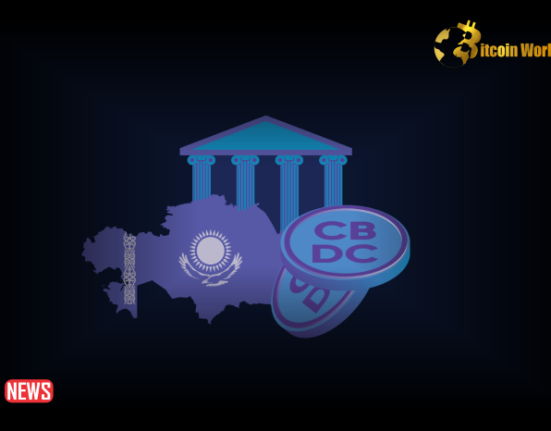According to a Bloomberg report, Nigeria wants to promote the trading of digital assets, but like some Asian nations, it is making a distinction between cryptocurrencies and digital assets, which can be broadly defined and may include central bank digital currencies (CBDCs), non-fungible tokens (NFTs), and privately issued stablecoins.
Lamido Yuguda, the Director-General of the Securities and Exchange Commission (SEC) of Nigeria, is one of several authorities, including those in South Korea, who are attempting to define the difference between digital assets and virtual or cryptocurrency.
Without providing further details, Yuguda stated that the nation will encourage investment in “smart digital assets” with investor protection. According to the Bloomberg article, the SEC will also investigate blockchain technology to develop both traditional and virtual financial products.
According to Bloomberg, he stated that the commission is currently avoiding digital currencies. Although the Central Bank of Nigeria has ordered banks to avoid dealing with individuals or organizations that are connected with cryptocurrencies and to close the accounts of those engaging in cryptocurrency transactions, cryptocurrencies are not expressly prohibited in Nigeria.
However, according to a survey by CoinGecko, Nigerians are among the most frequent cryptocurrency users and have the most global interest in cryptocurrencies. However, the IMF has stated that better regulation is needed for Africa’s expanding crypto marketplaces and that the widespread adoption of cryptocurrencies could jeopardize macroeconomic stability.
Nigeria, the first country in Africa to introduce its own CBDC, the eNaira back in October 2021, has been at the forefront of CBDC innovation.














